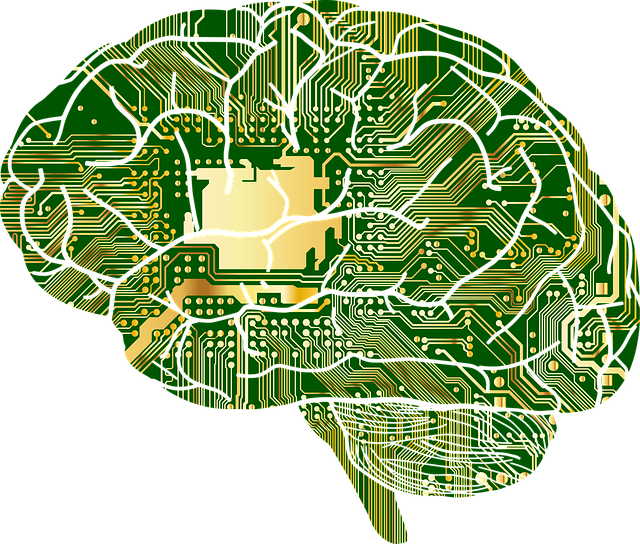
Gordon Johnson, Pixabay
One place where my faith has helped me with my science is that it has made me fearless. I take it literally when the Bible says ‘Fear only God.’ I’m not going to fear what all my colleagues are going to think of me. Before God all of the most intimidating professors really aren’t intimidating at all. With this perspective all fear of people vanishes. As a child I was quite nervous in front of people, detested public speaking and would weasel out of any public appearance, especially the weekly show-and-tell time at school. I would hide the object my Mom made me bring so I wouldn’t have to stand up in front of class and talk. I would have cowered in the presence of the Nobel prize-winners, CEOs, rock stars, You Tube luminaries, heads of state and other people that I have the pleasure to meet regularly these days. What brought about this change in me? I came to know that when we stand before the greatness of God we are all the same size. This is true whether or not a person believes in God. With this understanding I am completely free to research whatever seems to be important, even completely new topics that involve emotion like ‘affective computing’, that would be quite unpopular with others. People did snigger behind my back and say, ‘Can you believe what she’s working on?’ But the Media Lab embraces crazy new ideas and, while some people shook their heads, I began to pursue work in what was to become a new field.
The field of affective computing includes the development of technology to detect and respond respectfully to human emotions, and to help people to better communicate, understand and self-regulate emotions. Within these goals there are abundant opportunities to build technology that helps people. One of the things that attracted me to work in this area is that there were several problems that we had been trying to address with technology, where our solutions looked as if they could be immediately helpful to people on the autism spectrum. For example, many people have difficulty reading and responding to social emotional signals in real life. We build techniques to code and decode emotional information using computers. People can use that technology to help them learn and improve their skills…
I’ve had a huge range of responses to my openness about my faith. Some people are really happy to see when a scientist admits their Christian faith publicly, as maybe it will inspire more to open up. I’ve also walked in on a group discussing with incredulity that the visiting colloquium speaker (me) could possibly believe in that stuff on her web page. I smiled because I used to be right where they were – thinking people of faith had to be idiots. Now that I am a Christian I know some people will assume I have lost my marbles or maybe that I believe something just because I was raised to believe it (I wasn’t). But I also know that if they move beyond such superficial characterisations and ask hard questions, the ones about real meaning and purpose, that they will see more of what I see…
As I’ve learned more, my scientific method has informed my faith because I’m very analytical, and I question things constantly. You have to be careful as a scientist, however, that you don’t fall into the trap that a lot of atheists fall into. They just assume that God must be provable or disprovable by science. In fact some of them assume that the only things that are true are things science shows. Ironically what they are doing is claiming (dogmatically) that they have the only way to truth: science. But science, within itself, cannot prove the correctness of its own methods. It cannot prove its claim to be the only way to know truth. Science cannot prove most events of history but does that mean they did not happen? To believe that God is explainable by science is to completely mischaracterise God…
The God of the Bible, however, is the Author of all we can know, including space and time, and the entire universe in which we exist and make science. Science is no excuse to reject faith in this God. If anything, the wonderful order, organisation and ‘knowability’ of the world, illuminated constantly by new scientific discoveries, points all the more to something so much greater than science. Opening one’s mind to possibilities that science cannot yet explain is also good scientific practice. The best of truth-seekers are always willing to revise what they have believed when given new kinds of data that speak of something more accurate and closer to truth. How might a Being that brought our universe into existence seek to be revealed to us? I think the answer can be found under the microscope and in the telescope and with the tools of science, but only in part. The sacrifice and example of Jesus and the message given to everyone in the Scriptures are also revelation: given not just to scientists but to all people, of all ages and levels of understanding and ability, for all cultures, for all times. God’s revelation is free and not forced upon any of us. It is given for you, as long as your mind is not too narrow to let it in.
This post is a series of extracts from Test of FAITH: Spiritual journeys with Scientists (Paternoster, 2009, £8; Wipf & Stock, 2010, $16), reproduced here by permission of the publishers.




